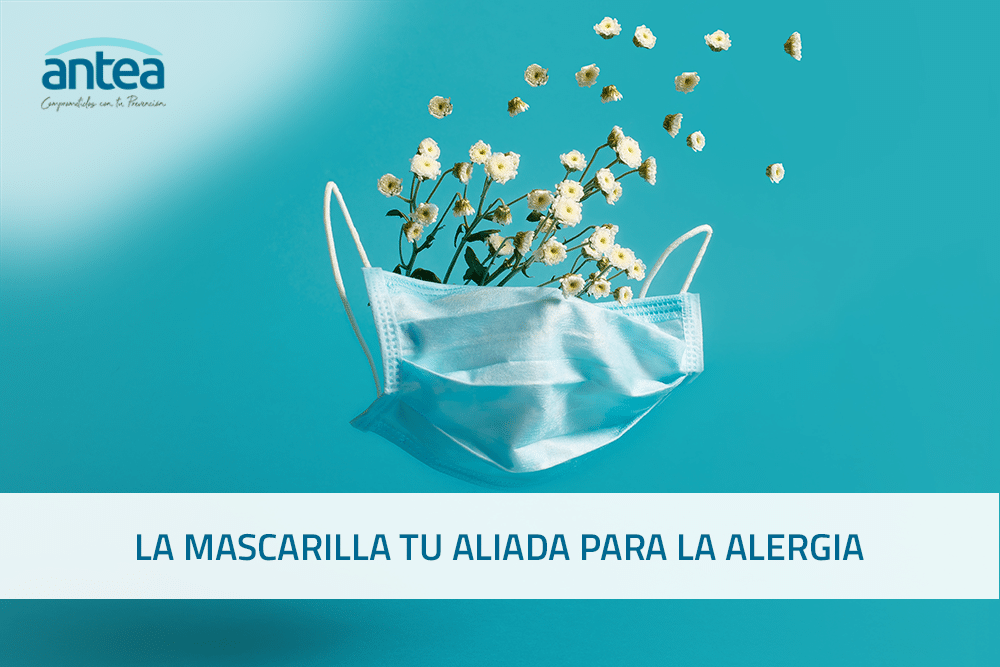16/04/21
As in autumn when colds and flu began, the chance of confusing symptoms with those of coronavirus increased, now with the arrival of spring allergys and doubts with the use of masks began.
Spring is the worst time of year for people with pollen allergy. Experts warn that this year, pollen levels will be high due to weather: the rains, temperature and humidity recorded during autumn and winter influence the concentration of pollen in spring and is what experts use to predict what the season will be like for allergy sufferers.
Although pollen from plants such as grasses is harmless to most people, the body of allergic patients identifies it as an invasive agent. Allergy must be treated because in the long term it can end up in irreversible chronic pathologies.
The mask can be a great ally to reduce allergy symptoms: acts as a filter and reduces the degree of pollen exposure.
Doctors say the use of masks will reduce symptoms and see fewer cases, as happened in 2020 because of the confinement and decrease of pollution.
But in addition to the mask to prevent classic allergy symptoms, it is necessary to follow a number of tips such as wearing sunglasses, avoid laying clothes outside or keeping the windows closed during the hours of higher pollen concentration.
No todas las mascarillas sirven para evitarlos, las FPP2, N95 o KN95 son las más efectivas pues filtra un 94-95% las partículas pequeñas. Es muy importante la correcta utilización de las mascarillas, cambiarlas cada vez que sea necesario y evitar que, entren elementos por los castados, es importante ponérsela al salir de casa y evitar tocarla o quitársela en espacios abiertos.
After the many problems that cause us and that we have heard of this last year, such as maskacné, possible breathing problems, rosacea, dry eye, rashes, rubbing behind the ears, etc. motivates to hear benefits and positive uses on masks.
Let's take stock and don't forget the importance of its use to prevent contagion.

